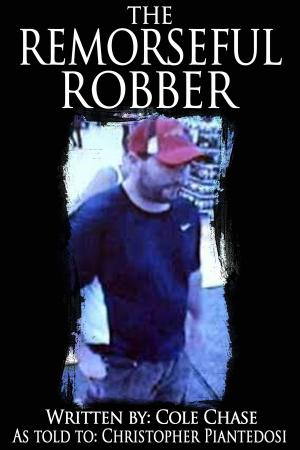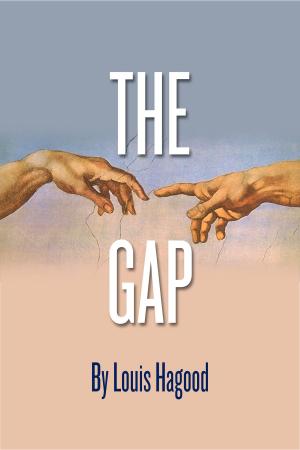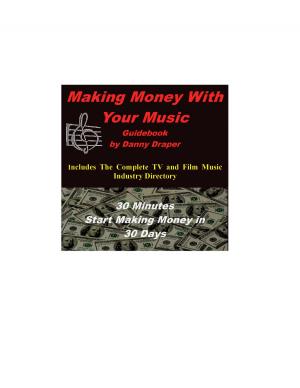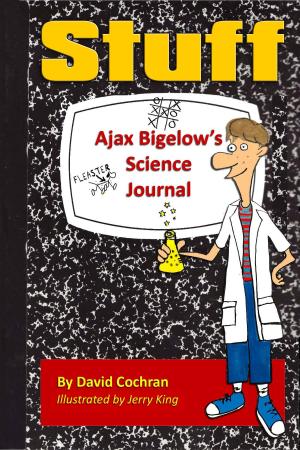Self Teaching Manual, Economic Evaluation and Investment Decision Methods
Business & Finance, Economics, Microeconomics| Author: | John M. Stermole, Franklin J. Stermole | ISBN: | 9781624885518 |
| Publisher: | BookBaby | Publication: | April 20, 2012 |
| Imprint: | Language: | English |
| Author: | John M. Stermole, Franklin J. Stermole |
| ISBN: | 9781624885518 |
| Publisher: | BookBaby |
| Publication: | April 20, 2012 |
| Imprint: | |
| Language: | English |
How To Study This Course This e-book is a summary of the first four chapters of the textbook Economic Evaluation and Investment Decision Methods. This e-book is designed with frames so the first frame has the question and the second frame has the answer. You may write all you answers on paper or formulate them mentally, as you prefer. Some questions will require you to make calculations and use a pencil and paper to solve problems or work out the exercise. For these frames it is best to use scratch paper. Do not look ahead at the answers before you have made an honest effort to arrive at the correct answer. You might deceive yourself by thinking that the given answer is the one you would have arrived at. Experience with this type of self-study shows this will not produce learning. Toward the beginning of some modules are “skip ahead” frames, which offer you the opportunity to by-pass certain material if you feel you already know it. If you cannot correctly solve the problems and exercises you skipped, go back and study the by-passed material. The amount of time you spend in any one study session is just what you feel like spending. One of the benefits of self teaching instruction is that you can study at your own pace for as long as you wish. However, it is best not to let too much time go by before resuming study. If you are reading this as a study guide for the short course Economic Evaluations and Investment Decision Methods, provided by Investment Evaluations Corporation, Colorado School of Mines Office of Social Programs and Continuing Education, or another institution. Similar material will be covered in the first half day of class. People that have read and understand this e-book have greatly benefited in the classroom. Good Luck!
How To Study This Course This e-book is a summary of the first four chapters of the textbook Economic Evaluation and Investment Decision Methods. This e-book is designed with frames so the first frame has the question and the second frame has the answer. You may write all you answers on paper or formulate them mentally, as you prefer. Some questions will require you to make calculations and use a pencil and paper to solve problems or work out the exercise. For these frames it is best to use scratch paper. Do not look ahead at the answers before you have made an honest effort to arrive at the correct answer. You might deceive yourself by thinking that the given answer is the one you would have arrived at. Experience with this type of self-study shows this will not produce learning. Toward the beginning of some modules are “skip ahead” frames, which offer you the opportunity to by-pass certain material if you feel you already know it. If you cannot correctly solve the problems and exercises you skipped, go back and study the by-passed material. The amount of time you spend in any one study session is just what you feel like spending. One of the benefits of self teaching instruction is that you can study at your own pace for as long as you wish. However, it is best not to let too much time go by before resuming study. If you are reading this as a study guide for the short course Economic Evaluations and Investment Decision Methods, provided by Investment Evaluations Corporation, Colorado School of Mines Office of Social Programs and Continuing Education, or another institution. Similar material will be covered in the first half day of class. People that have read and understand this e-book have greatly benefited in the classroom. Good Luck!















